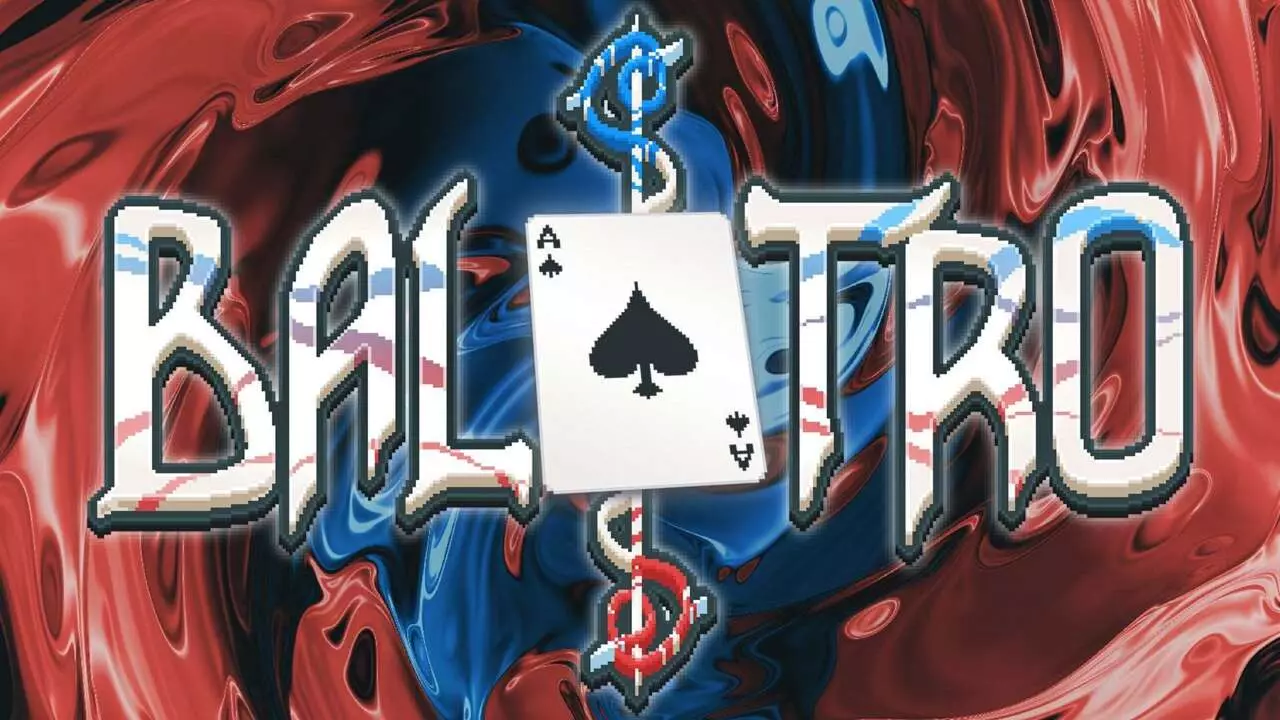In the gaming industry, the balance between creative expression and regulatory scrutiny often leads to contentious situations, and the recent rating of LocalThunk’s Balatro is a prime example. Earlier this year, PEGI, the European game classification board, assigned Balatro an Adults Only rating of 18+. This unexpected classification has drawn considerable attention and sparked a wave of criticism from the developers, who have humorously proposed that adding real gambling mechanics could somehow trick the rating system into lowering its age classification to a more palatable 3+.
PEGI’s rationale for the high rating stems from the game’s incorporation of real-life poker hands, which the board argues could inadvertently educate players on the nuances of gambling. Although the poker mechanics are merely a structural element within Balatro’s innovative roguelite gameplay, PEGI contends that the game’s prominent gambling images justify its high classification. This rating flip dramatically impacted Balatro’s availability, leading to its removal from multiple console storefronts without any prior warning. The abrupt change raised questions about the consistency and transparency of PEGI’s rating process.
Developer LocalThunk’s backlash highlights a perceived disparity in how PEGI applies its rating standards. The company pointed out the leniency afforded to other franchises, specifically calling out EA Sports FC 25, which maintains a 3+ rating despite employing similar mechanics like microtransactions and loot boxes. LocalThunk’s satirical suggestion to incorporate gambling elements into Balatro underscores their frustration with gaming legislation that seems unevenly enforced, particularly toward indie developers. By contrasting their game with EA Sports FC 25, LocalThunk emphasizes a critical issue: why is Balatro penalized while mainstream games remain unscathed?
This incident isn’t merely about Balatro; it exposes larger concerns around the inclusion of gambling-like mechanics in games marketed toward younger audiences. LocalThunk posits that if PEGI is strict on Balatro, it should similarly target other titles that could be seen as promoting gambling to minors. Their assertion resonates particularly in the context of industry standards and societal responsibility, focusing on what constitutes fair game design versus predatory mechanics that exploit younger gamers.
Despite the challenges posed by its rating, Balatro’s commercial performance tells a different story. The game has made an impressive mark, selling over 3.5 million copies and garnering multiple accolades during The Game Awards. This achievement speaks to its quality and popularity, even amidst regulatory dilemmas. Gamer and critic acclaim further underscores the disconnect between PEGI’s rating and the actual reception and impact of Balatro on the gaming community.
The situation surrounding Balatro exemplifies the evolving landscape of gaming regulations and the challenges that indie developers face. As the discussion around gambling mechanics in games continues to develop, the need for clear, consistent criteria from rating boards becomes increasingly urgent. Striking a balance between protecting consumers, especially minors, and allowing creative freedom will be crucial for the future of gaming. LocalThunk’s ongoing success serves as a reminder that creativity can thrive even in the face of controversy, and it may inspire a re-evaluation of how games are classified in the industry.

